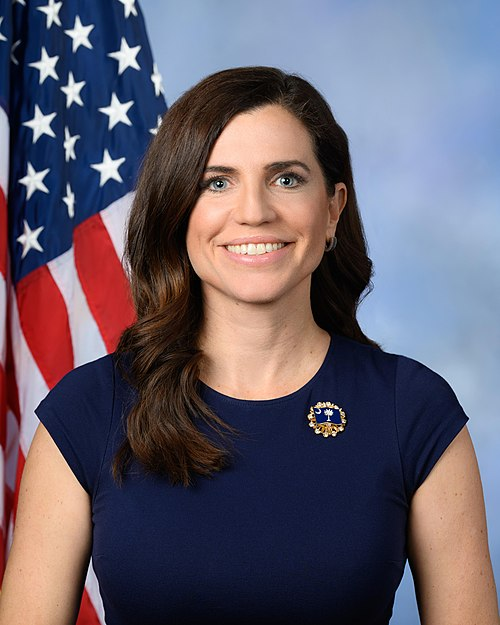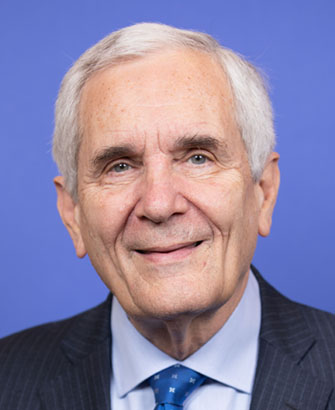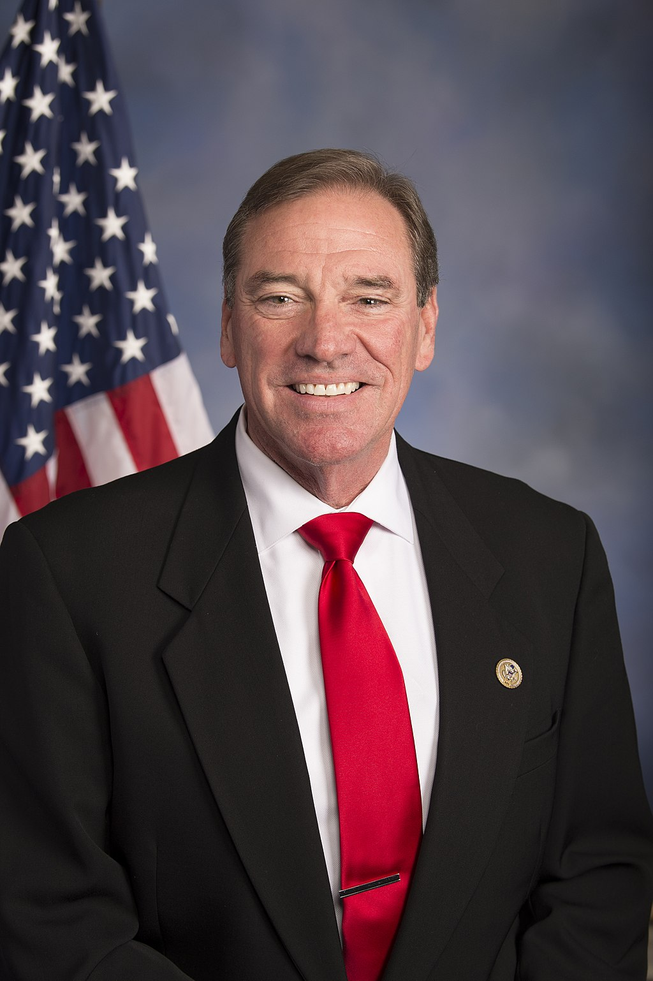H.R. 3455: Veterans Affairs Distributed Ledger Innovation Act of 2025
This bill, known as the Veterans Affairs Distributed Ledger Innovation Act of 2025, directs the Secretary of Veterans Affairs to conduct a comprehensive study on the potential use of distributed ledger technology (DLT) within the Department of Veterans Affairs (VA). The main aim of the bill is to explore how DLT can improve the efficiency, transparency, and security of veterans' benefits and services. Here are the key components of the bill:
Purpose and Goals
The bill recognizes that:
- Veterans should have efficient and secure access to their earned benefits and services.
- Distributed ledger technology might offer potential solutions to enhance data reliability and prevent abuses such as fraud.
- Innovative technologies could help improve the management of benefits and the handling of records within the VA.
Comprehensive Study
The Secretary of Veterans Affairs is tasked with examining several aspects of implementing DLT. The study will evaluate:
- The feasibility and potential benefits of using DLT to streamline claims processing.
- How to improve the clarity and reliability of veterans’ benefits claims by securely recording key steps in the claims process.
- Ways to reduce the risk of fraudulent claims through effective verification processes.
- Methods to enhance accountability in claims handling and identify irregularities in benefit delivery.
Consultation with Experts
During the study, the Secretary is required to consult with:
- Experts in distributed ledger technology.
- Representatives from veterans service organizations.
- Leaders from other federal agencies that have experience with DLT.
- Other stakeholders deemed appropriate by the Secretary.
Reporting Requirements
Within one year of the law's enactment, the Secretary must submit a report to the Committees on Veterans’ Affairs in both the Senate and House of Representatives. This report will include:
- Findings on the feasibility of implementing DLT in the VA.
- A description of potential benefits and risks associated with its implementation.
- Recommendations for pilot programs or initiatives to test DLT in specific areas like benefits distribution and insurance claims.
- Suggestions for any legislative or administrative actions needed to implement DLT within the VA.
Definitions
The bill also provides definitions for key terms. Distributed ledger technology is described as technology that supports the operation of distributed ledgers, which are synchronized records shared across multiple nodes. These records can be accessible to the public or restricted based on authorization requirements.
Relevant Companies
- IBM (IBM): As a company involved in blockchain and distributed ledger technology solutions, IBM may find opportunities to collaborate with the VA on projects resulting from this study.
- Coinbase (COIN): Specializing in cryptocurrency and blockchain services, Coinbase may experience demand for educational services or technology related to the potential use of distributed ledger technology for veterans’ records.
- MicroStrategy (MSTR): Known for its investments in blockchain technology, MicroStrategy could play a role in analysis or service provision if DLT implementation goes forward within the VA.
This is an AI-generated summary of the bill text. There may be mistakes.
Sponsors
1 sponsor
Actions
9 actions
| Date | Action |
|---|---|
| Oct. 10, 2025 | Placed on the Union Calendar, Calendar No. 292. |
| Oct. 10, 2025 | Reported by the Committee on Veterans' Affairs. H. Rept. 119-340. |
| Jul. 23, 2025 | Committee Consideration and Mark-up Session Held |
| Jul. 23, 2025 | Ordered to be Reported by Voice Vote. |
| Jul. 23, 2025 | Subcommittee on Oversight and Investigations Discharged |
| Jun. 11, 2025 | Subcommittee Hearings Held |
| Jun. 06, 2025 | Referred to the Subcommittee on Oversight and Investigations. |
| May. 15, 2025 | Introduced in House |
| May. 15, 2025 | Referred to the House Committee on Veterans' Affairs. |
Corporate Lobbying
0 companies lobbying
None found.
* Note that there can be significant delays in lobbying disclosures, and our data may be incomplete.





















